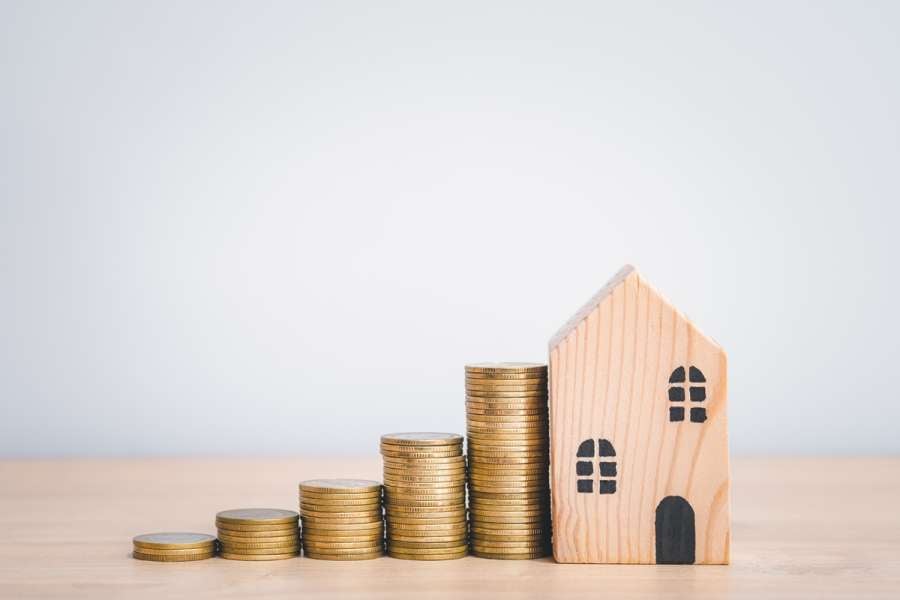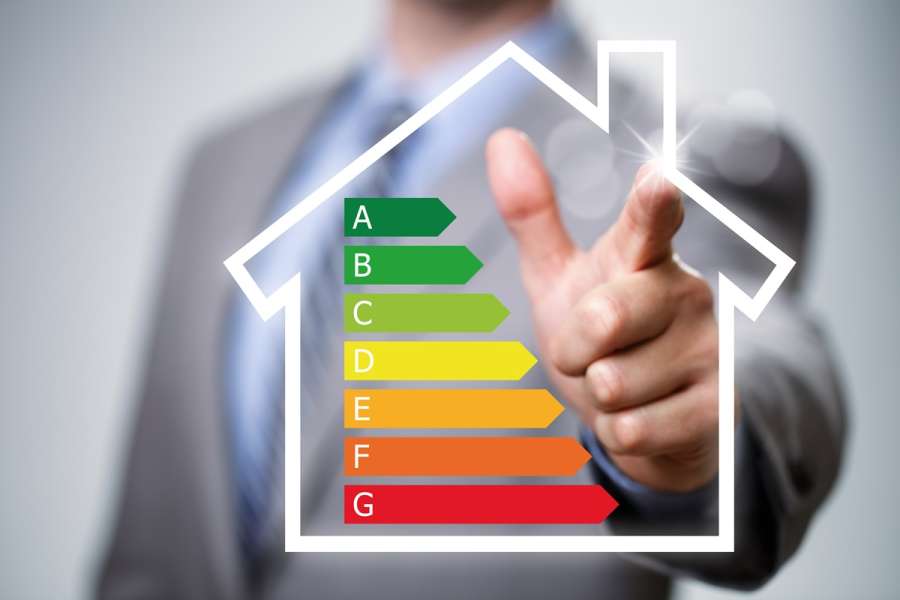(8) FENSA Certificate
If you have replaced your windows during your period of ownership, you will have been provided with a FENSA Certificate.
This document confirms that the alterations comply with building regulations.
(9) Planning permission consent and building regulations certificates
If you have made any alterations or extensions to the property, the buyer’s solicitor will request evidence that the works were compliant with building regulations and that planning permission was granted.
To front-load the transaction, pass all of your certificates to your solicitor at the beginning.
Likewise, if you are aware of a missing certificate or if permission was not granted for any works, you should disclose this to your solicitor without delay.
(10) Other ‘material information’
Whilst it is impossible to anticipate all potential ‘obstacles’ in your transaction, you have a duty to disclose all ‘material information’ to the buyer.
In other words, any factors which may have a significant impact on whether they wish to purchase the property at the agreed price.
Take time to reflect upon any events that have taken place during your period of ownership, for example, a boundary dispute or a flood, and provide any accompanying documentation.
Conclusion
Selling your home is undoubtedly a daunting process.
However, by following the non-exhaustive list of paperwork above, you can minimise the risk of any potential delays to the transaction.







